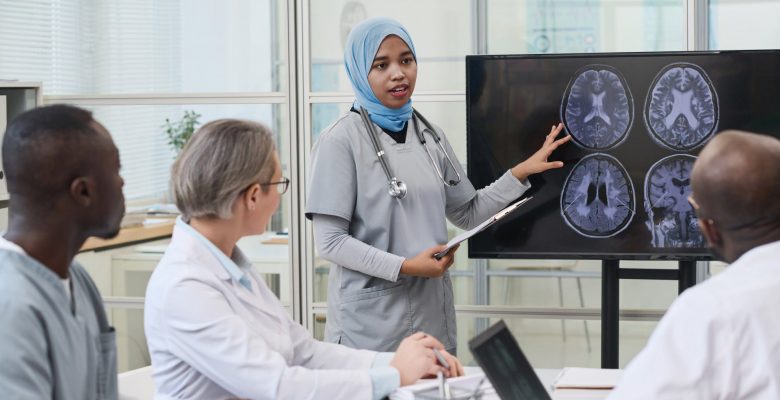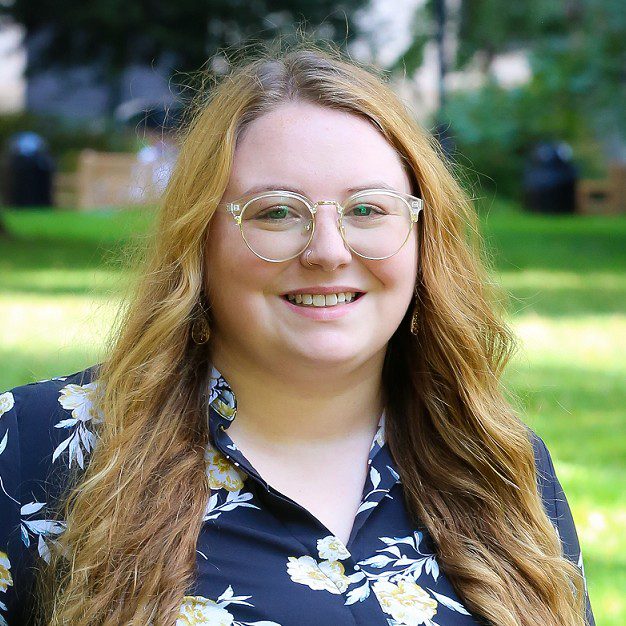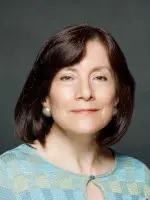Empowering Excellence: Transformative Initiatives in Faculty Development at the University of Texas Medical Branch

December 12, 2023
Embarking on a mission to foster self-sufficiency and elevate scholarly productivity among faculty members, Associate Professor Maria Belalcazar, MD, and her team at the University of Texas Medical Branch are leading a transformative project. They are assessing self-efficacy scores in academic career advancement skills and feelings of inclusion and engagement among junior to mid-career faculty who have remained within their academic rank after five years, with plans to compare these scores to observations made 15 months post-intervention through surveys.
The impact of this endeavor transcends professional boundaries, profoundly influencing Dr. Belalcazar herself. While initially envisioning a career centered around quality and safety, she found a new passion for faculty development and well-being, demonstrating a dedicated commitment to constructing an inclusive academic community. Earlier this year, she had the opportunity to present on the work to-date at the Association of American Medical Colleges’ (AAMC) joint professional development conference, which fostered valuable new connections.
“Receiving support for my project on faculty development allowed an idea that I thought was important advance to fruition. Furthermore, this work introduced me to new concepts, such as ‘a sense of belonging,’ which has transformed my initial aims; I have met new people and established new collaborations. I started with a project but found a career!”
This initiative has spawned new community-building activities, including the Women+ IM Interest and Support Group to bridge gaps and provide vital support to faculty members. Looking ahead, the team plans to launch additional support groups and mentoring circles, complete with workshops covering crucial topics such as CV basics, goal-setting, time management, negotiation, and networking skills. Regular meetings with faculty ensure their input is valued and their specific needs are addressed.
Central to their efforts is the newly minted “Faculty Scholarship and Engagement Hub,” a comprehensive resource that will not only retain the original components of the initiative, but will also incorporate new content focused on skill development, empowerment, engagement, and community building. This initiative is set to strategically shape the trajectory of early- and mid-career faculty, nurturing the next generation of leaders in internal medicine.




